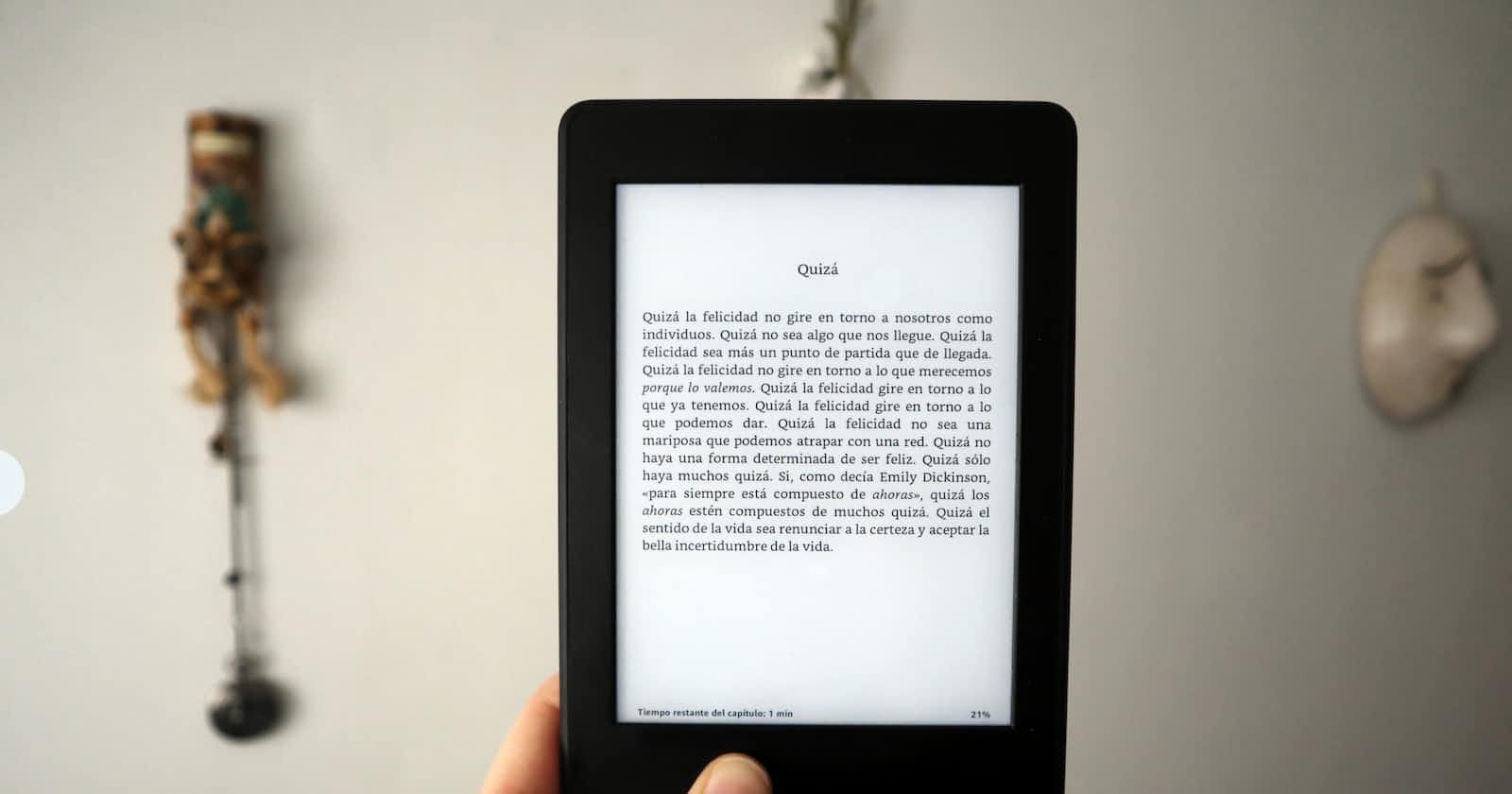EPUB is an interchange and delivery format for digital publications, based on XML and Web Standards. An EPUB Publication can be thought of as a reliable packaging of Web content that represents a digital book, magazine, or other type of publication, and that can be distributed for online and offline consumption. EPUBs are becoming the standard, increasingly replacing remediated PDFs in digital publishing.
EPUB is a popular format for ebook creation because it can be an open format and is based on HTML. An EPUB file is an archive that contains, in effect, a website. It includes HTML files, images, CSS style sheets, and other assets. It also contains metadata. EPUB 3.2 is the latest version. By using HTML5, publications can contain video, audio, and interactivity, just like websites in web browsers.
In 2016, the International Digital Publishing Forum’s EPUB Working Group started working on a more substantive revision of the EPUB format which became EPUB 3.1. The goal was to bring EPUB closer to the rest of the Web Platform and to make it simpler and easier to read. Seldom-used features in EPUB that were not part of the larger Web were removed in the upgrade, but EPUB 3.1 was never widely adopted.
One reason for EPUB 3.1’s non-adoption was the changes made to the standard regarding metadata. In an attempt to simplify the standard, several features which were in actual use (for example series metadata, for use in serial publications like comics) were removed without functional replacement.
EPUB 3.2 is a minor revision of the EPUB 3 specification, which can be considered as a successor to both EPUB 3.0.1 and EPUB 3.1. Because EPUB 3.1 did not receive wide adoption, the Community Group decided to create EPUB 3.2 to be strongly backward-compatible with EPUB 3.0.1 while retaining many of the changes made in EPUB 3.1.
Any EPUB is said to be strongly backwards-compatible with an older version if it conforms to both the old and new versions.
EPUB 3.2 includes a recommendation that all EPUB Publications conform to the new EPUB Accessibility Specification. This accessibility specification makes recommendations for the inclusion of discovery metadata along with WCAG 2.0 support in content.
The EPUB format requires authoring and validation tools as well as reading systems, and authors, publishers, developers, distributors, retailers and readers must work in sync for it to be successful. The EPUB standard depends on the HTML and CSS standards, among others, and there are millions of existing EPUB 2 and EPUB 3 files now in existence. All changes are felt everywhere.


